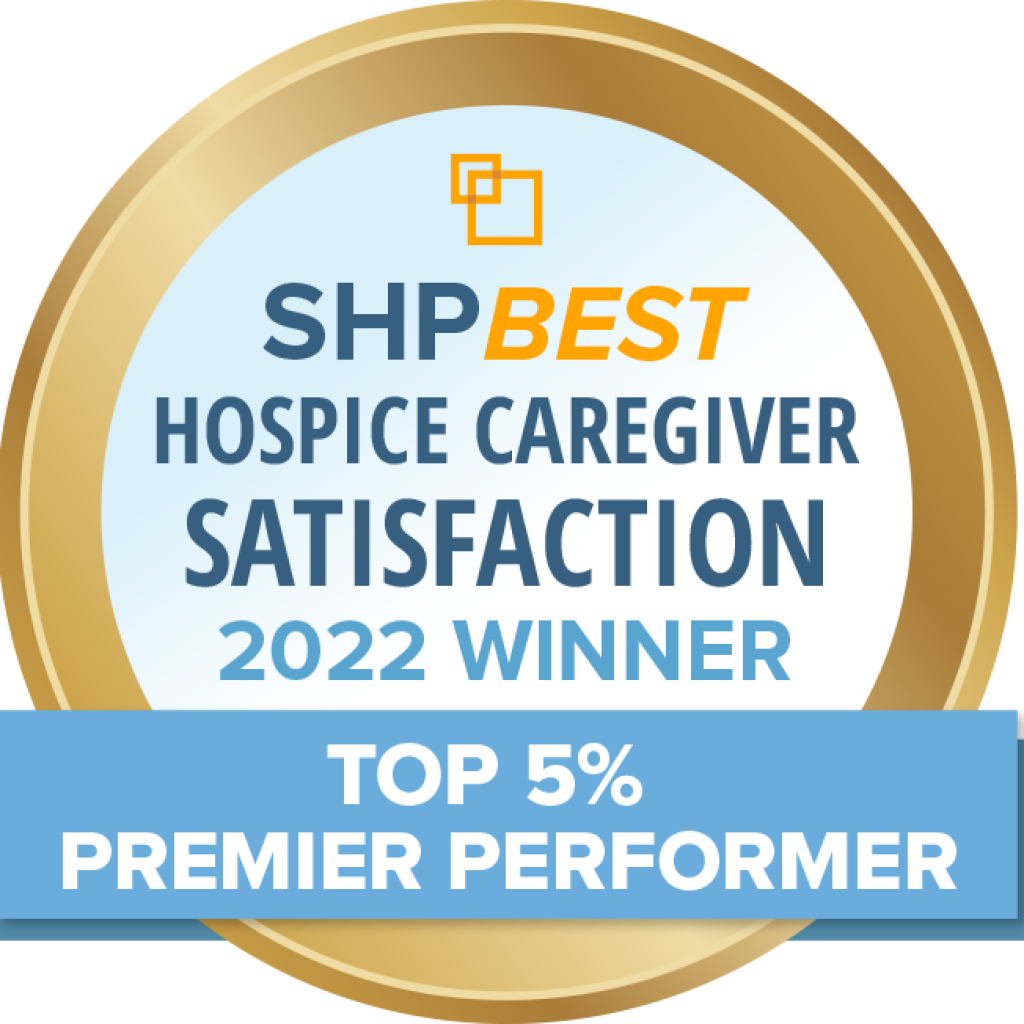Advance care planning is the process of making important decisions about the care a person would like to receive in the event he or she can not speak for themselves. Many people put this off because it is a distressing topic to think about in advance. Other people simply think they’re too young or too healthy to be creating an advance care plan. However, a person of any age, in good health, can be faced with a crisis that takes their ability to make their own healthcare choices.
These decisions are fundamental for seniors, especially those who have not solidified an advance care plan. If you’re unfamiliar with the elements of advance care planning, the process is about making both legal and personal decisions about your future. There are several factors to consider. Below are some tips for finalizing an advance care plan.
First and foremost, complete an advance directive. These decisions are the foundation of advance care planning. An advance directive includes two parts—a living will and medical power of attorney. The living will enables a person to specify what care they would or would not want if faced with a medical crisis. Medical power of attorney, or healthcare proxy, is a person appointed to speak on a person’s behalf if that person is unable to speak for themselves.
It’s always wise to keep finances in balance, but even more so as a person ages. Whether you live at home, or reside in assisted living it’s important to consider how your finances would fair in the event you had to move to a facility, or became ill. Seniors must be able to take responsibility for a portion of their living and medical expenses regardless of the circumstances. Another area to evaluate is home safety. If you age in place, it’s important to ensure a safe environment, free of hazards or fall risks. Establishing support and companionship is beneficial mentally and physically as a person grows old as well.
Advance care planning isn’t just about signing legal documents. It’s about feeling safe and secure with your finances, living arrangements and overall environment. If it seems overwhelming, allow a family member to help and tackle one portion at a time. Once the advance care plan is complete, you can rest assured knowing your preferences are documented. In the event that it’s needed, not only does the individual benefit, but it is helpful for family members and health care providers that may need to care for a person with a life-limiting illness or medical emergency.
For more information on advance directives, home safety and other elderly support resources, contact AT Home Care today.
Patient services are provided without regard to race, color, religion, age, sex (an individual’s sex, gender identity, sex stereotyping, pregnancy, childbirth and related conditions) , sexual orientation, disability (mental or physical), communicable disease, or national origin.
© 2024 AT Home Care & Hospice
All Rights Reserved
All Rights Reserved



